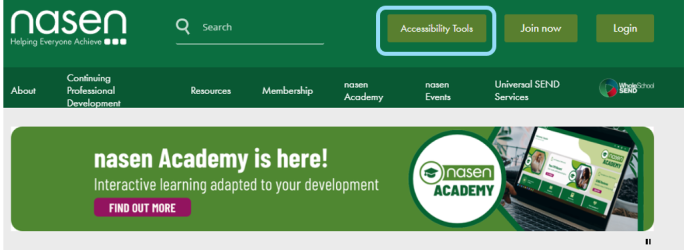
Can Flexi-schooling for children with SEND support educational outcomes?
A new report by the Relationships Foundation looks into the use of flexi-schooling for children with SEND across the UK.
The report comes at a time when there is great interest in pupils who are ‘missing in education’ and the large numbers that have been requesting to Electively Home Educate (EHE). The review examines flexi-schooling (or ‘part-time school attendance’) regulation and practice in the UK. It’s primary aim is understanding whether such arrangements may be beneficial to children who have, or may have, special educational needs and disabilities (SEND). This work follows on from some studies that concluded that, for some pupils, accessing learning at home during lockdown proved beneficial to their learning and their mental health and wellbeing.
The report highlights four recommendations:
- Department for Education to issue comprehensive guidelines on flexi-schooling arrangements in its national guidance for schools.
- Department for Education to introduce a new attendance code for flexi-schooling. The DfE has not issued a code that fully reflects flexi-schooling arrangements and would be viewed negatively during inspections.
- Government, UKRI and other institutional funders to support academic study of flexi-schooling children with SEND. A stronger body of evidence on SEND flexi-schooling, examining parent motivations, best practice and outcomes, is needed to inform policy at the national and local level, and in turn reduce inequalities of access in the UK.
- Multi-agency consortium to produce national guidelines on flexi-schooling children with SEND. Many Local Authorities, schools and parents would benefit from accessible guidelines informed and endorsed by national SEND charities, academic experts, schools and people with lived experience. Guidelines should aim to give both parents and schools confidence in flexi-schooling decision-making and planning.
The report notes that there is need for much more evidence around flexi-schooling and it also needs to be regulated so that it is not another way to force pupils with SEND out of the classroom.
What the report does draw attention to is the fact that flexi-schooling, when co-created by the setting, child or young person and their caregivers, with input from other professionals, may lead to much better outcomes for certain children and young people. What this should also do is further highlight the need for questions to be asked at a more systemic level as to why this might be the case - Are schools being supported enough to create an environment that meets the educational needs of all children and young people?










